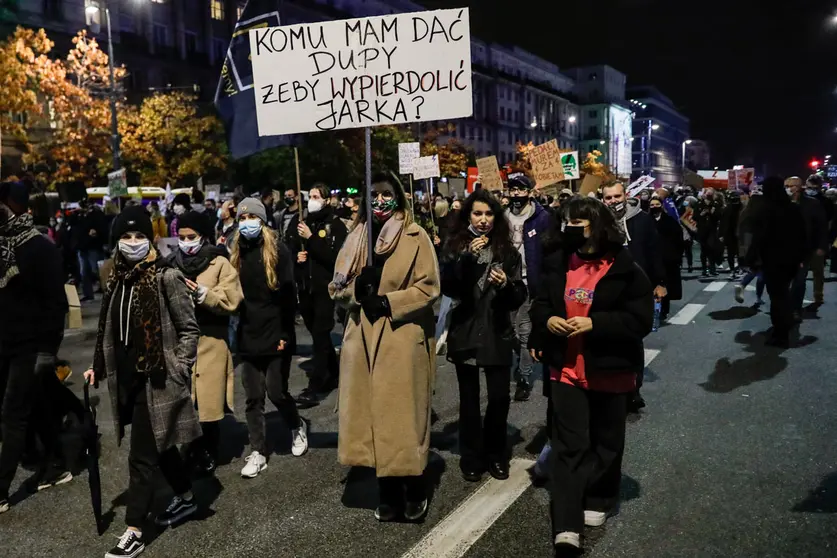Hungary and Poland have vetoed a key EU budget decision over perceived EU interference in their domestic rule of law, diplomats told on Monday.
The bloc wants to have the power to raise its own money - through, for example, taxes on plastic goods - but two countries blocked the move, EU Council Presidency spokesperson Sebastian Fischer tweeted.
Diplomats confirmed the countries are Hungary and Poland.
Unanimous support for this instrument among the 27-nation EU is a requirement to pass a 1.8-trillion-euro (2.1-trillion-dollar) long-term spending plan and coronavirus economic recovery fund.
Both Budapest and Warsaw have repeatedly threatened to block the spending package because they object to a plan that could halt the disbursement of EU funds to countries violating certain rule-of-law standards.
Monday's vetoes at a meeting of EU ambassadors will almost certainly delay the delivery of much-needed cash, with the seven-year budget set to begin January 1 - prompting a senior EU official to say the countries held the long-term budget "hostage."
In particular countries that have been hit hard by the coronavirus pandemic, such as Spain and Italy, need the funds to kick their economies back on track.
"Open to constructive solutions"
"Poland hopes for a sensible approach from our partners and working out rules which will allow to reach an agreement. We are open to constructive solutions, as long as they are consistent with the conclusions of the European Council and EU treaties in place,” government spokesperson Piotr Mueller wrote on Twitter on Monday, after the two vetoes were disclosed.
Earlier in the day, a high-ranking Polish government official justified the impending veto by citing concerns about the legality of the proposed rule-of-law mechanism.
"If the EU will want to break treaties, if the decisions made during the meeting of EU leaders are not respected, Poland will not agree to adopting the EU budget," the head of the prime minister's chancellery, Michal Dworczyk, said during an interview with radio broadcaster RMF FM radio.
With this, he follows open threats by Hungarian Prime Minister Viktor Orban to block the budget until the rule-of-law tool is scrapped.
Corruption or fraud
The new tool could be triggered when EU funds are misused - like in the case of corruption or fraud. Threats to the independence of the judiciary are also covered. It could also be tied to fundamental values like freedom, democracy, equality, and respect for human rights.
The proposed rule-of-law mechanism is viewed as primarily directed at countering democratic backsliding in Poland and Hungary.
Budapest is under scrutiny for concerns about judicial independence, but also for allegedly eroding media freedoms and for unchecked corruption due to links between business and politics.
Much of the European Union's criticism is also directed toward political interference in the Polish judiciary. Warsaw has introduced a string of judicial reforms that critics argue politicize the system.
But the face of Poland's controversial judicial reforms, Justice Minister Zbigniew Ziobro, said that the rule of law mechanism is just a "pretext" to "radically limit [Poland's] sovereignty."
This, he said, could amount to "institutional enslavement."












